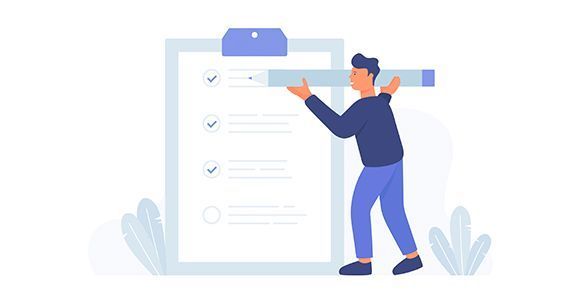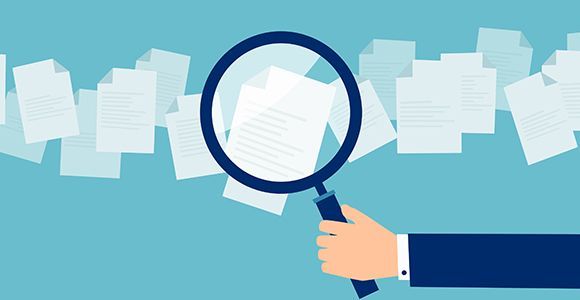Managing Business Risks
Managing Business Risks
Running any size of business comes with risks and rewards which vary from business to business, from dealing with hazardous goods to protecting sensitive personal data.
There are lots of free resources about identifying and managing risks including:
- Risk management guide for small to medium businesses from CPA Australia; or
- Managing Business Risks from the Federal Government.
Why Manage Risk?
By managing risk, you can reduce the financial and reputational impact of unexpected events, also:
- Improve your relationships with customers, suppliers, employees and the community, by understanding and managing their expectations
- Improve staff confidence in a safe work environment, through workplace health and safety (WHS) and workers’ compensation insurance
- Keep your business open during natural or economic disasters, by having an emergency management plan
- Reduce your compliance and insurance costs, by having a lower risk of damages.
Risks That Need to be Managed
You're required by law to manage some risks. For example, you must manage or reduce the risk of:
- accidents and injury of customers or employees by making your workplace safe under work health and safety (WHS) laws;
- customer complaints by treating customers fairly under Australian Consumer Law
- damaging the environment by meeting the environmental laws that apply.
Maintain the Right Type and Amount of Insurance cover
As your business evolves, so should your insurance coverage. Regularly review the mix of insurance cover and sums insured to ensure they align with your risks and activities.
Get Professional Guidance
Navigating risk management isn’t always easy. An experienced adviser can help assess your needs and ensure you have adequate and cost-effective protection.







